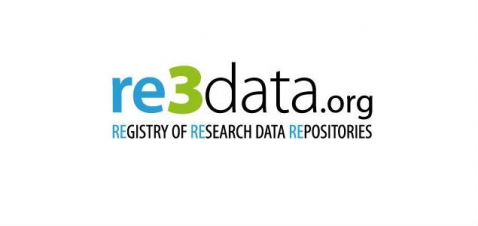5 posts found
Invisibilisation and algorithmic discrimination
Digital technology and algorithms have revolutionised the way we live, work and communicate. While promising efficiency, accuracy and convenience, these technologies can exacerbate prejudice and social inequalities exacerbate prejudice and social inequalities and create new forms of exclusion and cr…
Open image repositories for training AI models
Perhaps one of the most everyday uses of artificial intelligence that we can experience in our day-to-day lives is through interaction with artificial vision and object identification systems. From unlocking our smartphone to searching for images on the Internet. All these functionalities are possib…
The gender gap: inequality is also in the data
Today, 8 March is the day on which we commemorate women's struggle to achieve their full participation in society, as well as giving visibility to the current gender inequality and demanding global action for effective equality of rights in all areas.
However, the data seem to indicate that we still…
Examples of uncommon open data repositories
Beyond public administrations, libraries, museums and cultural foundations data, the interest in open data knows no borders. We invite you to discover it in this post.
Normally, the concept of open data is associated with those repositories managed by public administrations, foundations and cultural…
Research data repositories: re3data.org
The research data is very valuable, and its permanent access is one of the greatest challenges for all agents involved in the scientific world: research staff, funding agencies, publishers and academic institutions. The long-term conservation of data and the culture of open access are sources of new…




